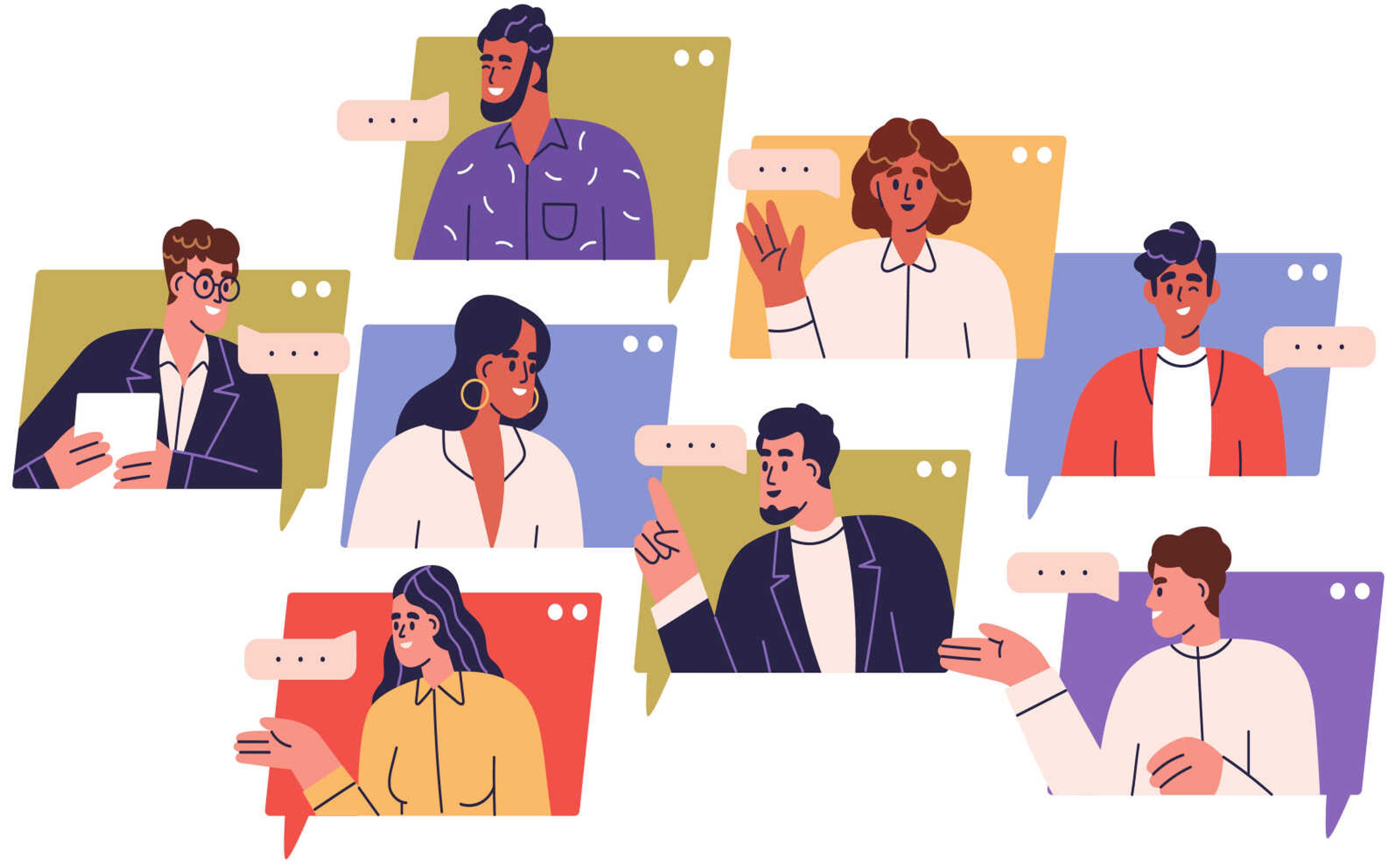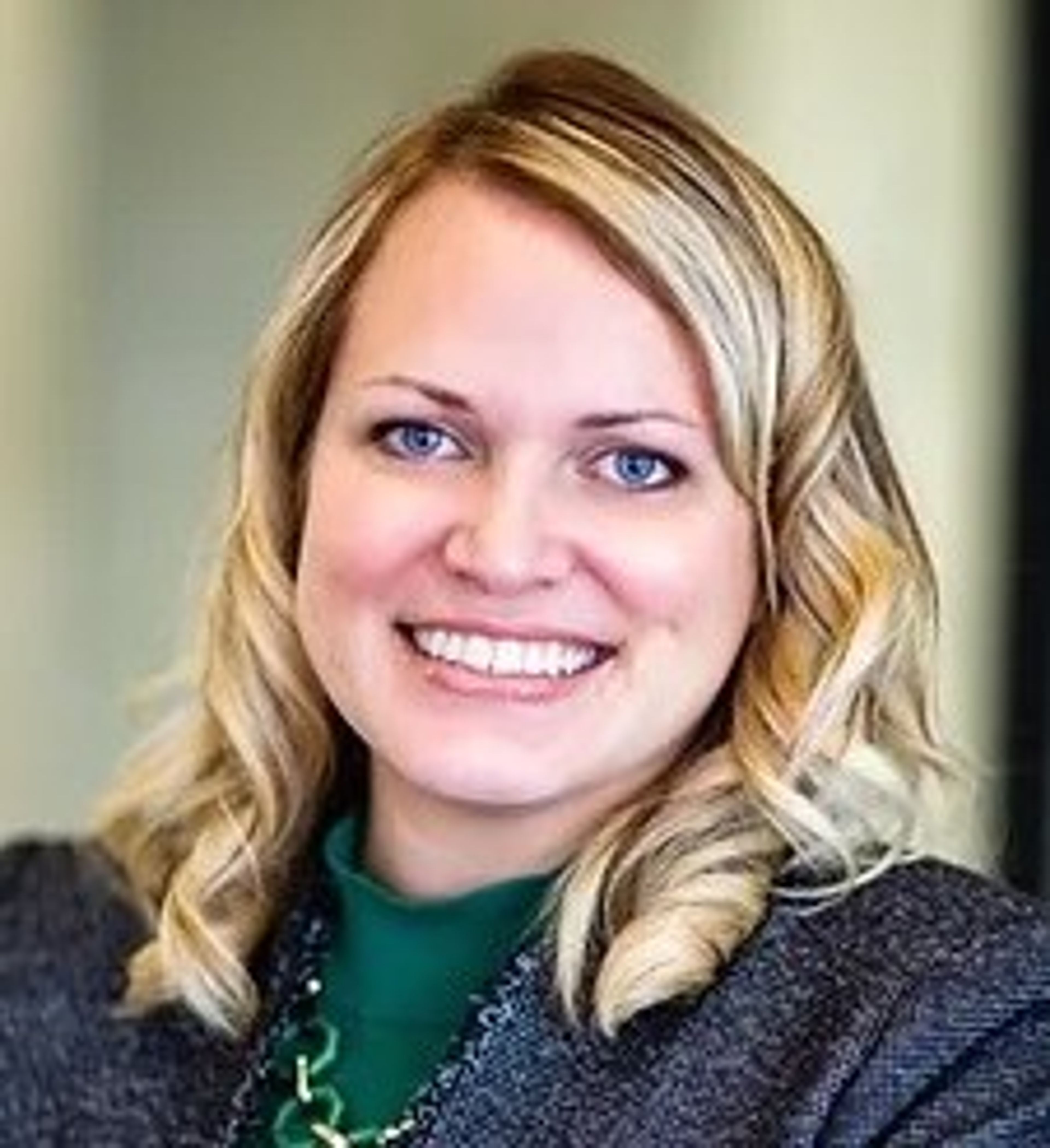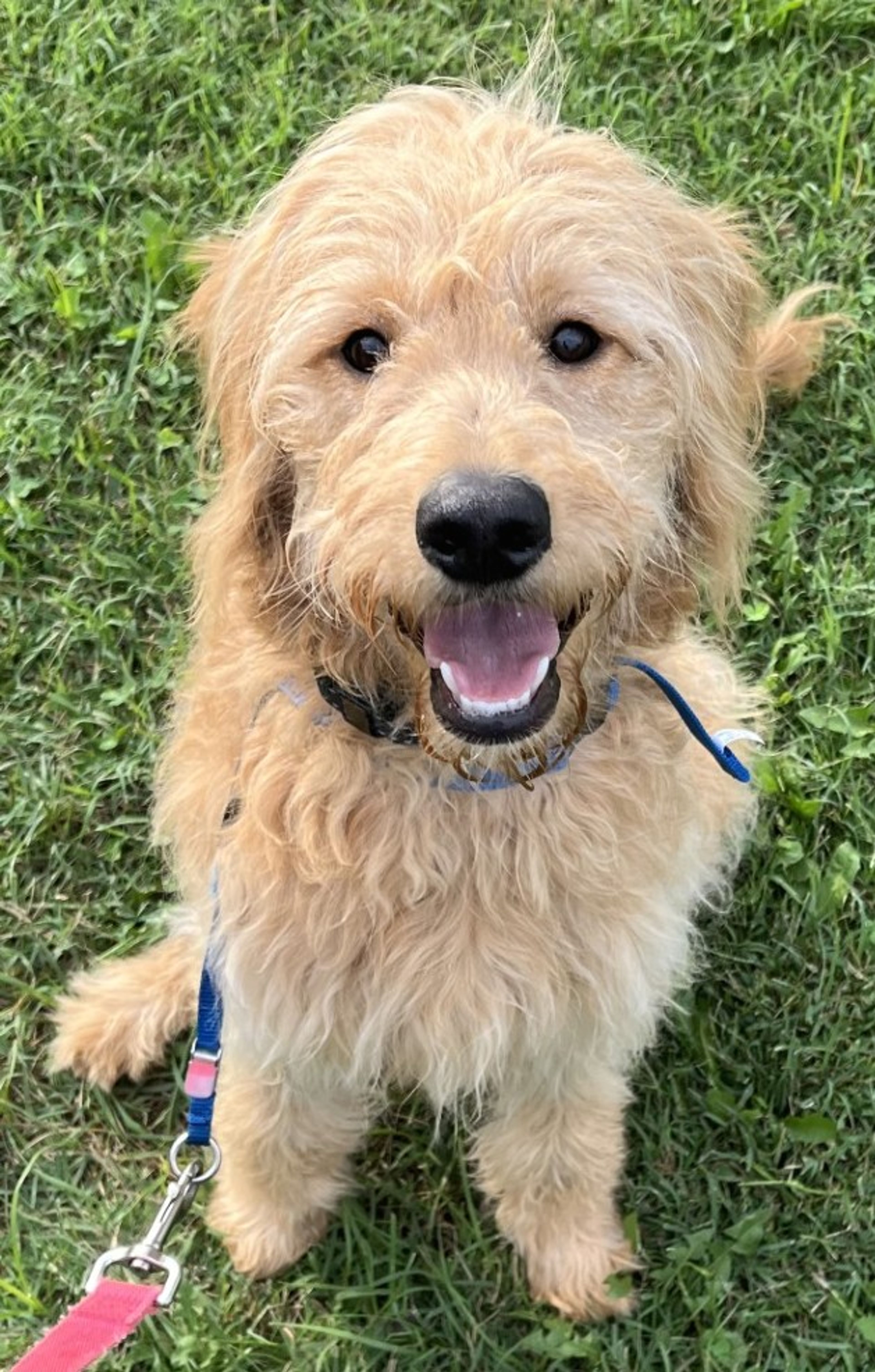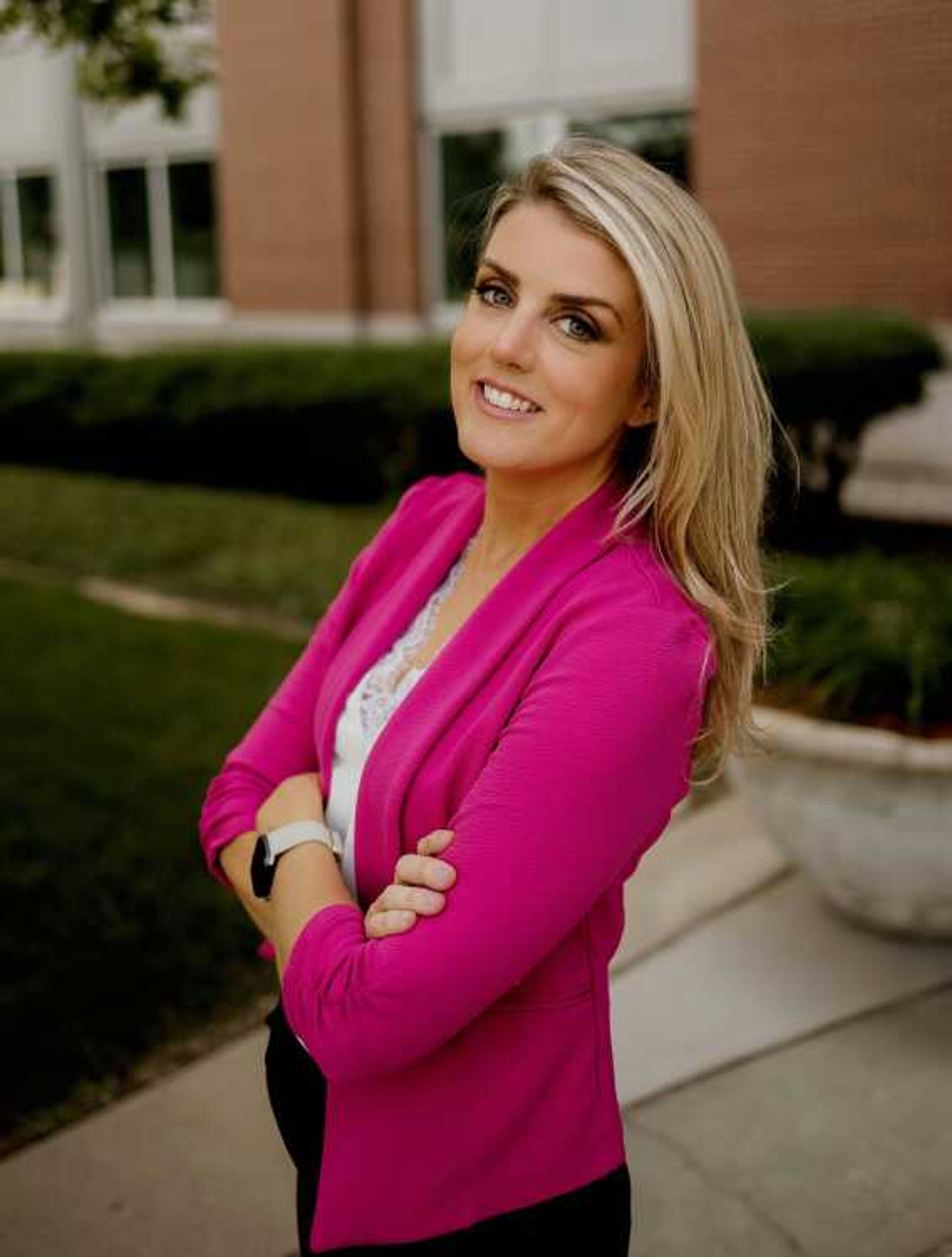The wired world we live in allows medical expertise to be shared almost instantaneously, which is especially useful in rural areas where resources may be scarce.
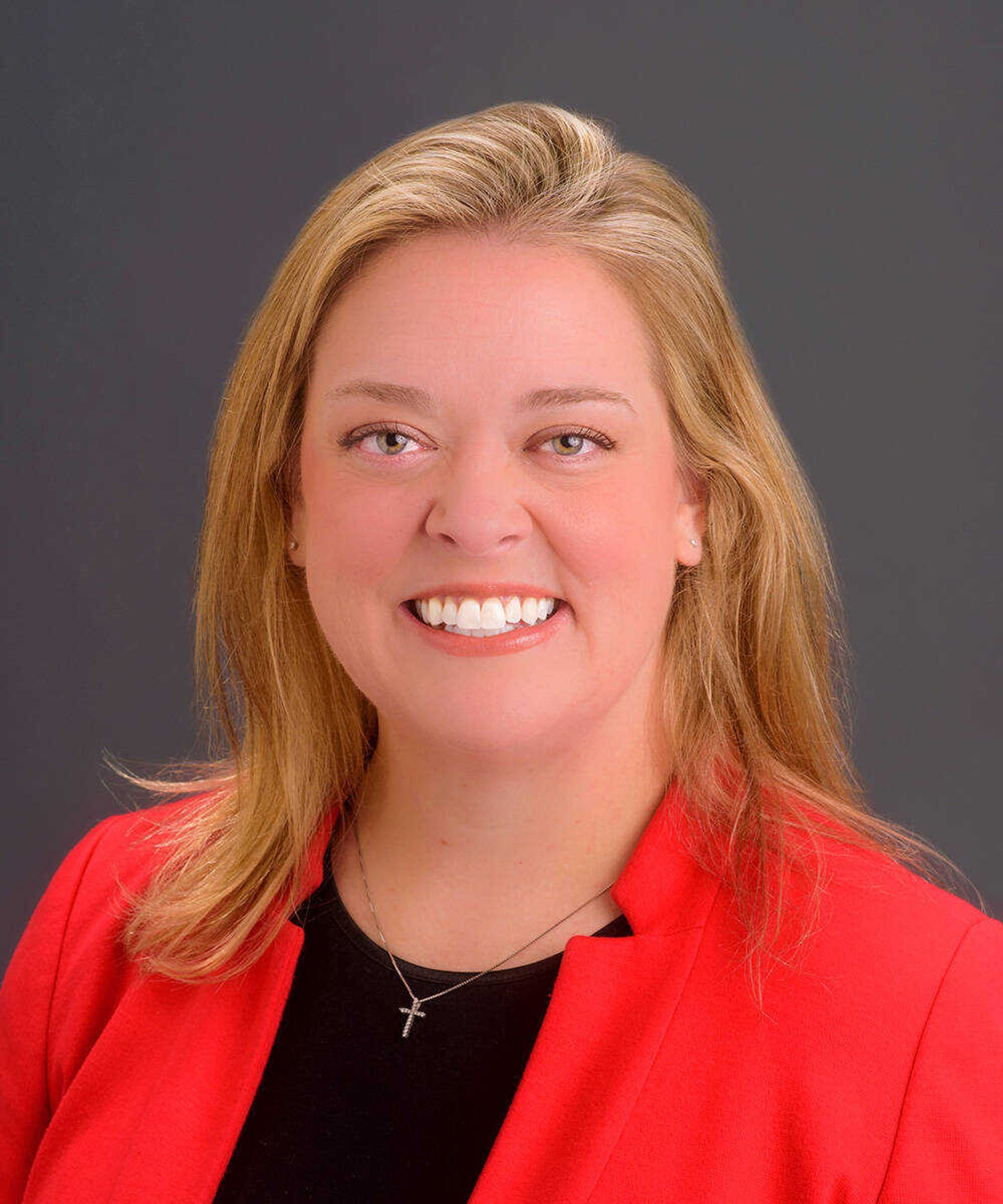
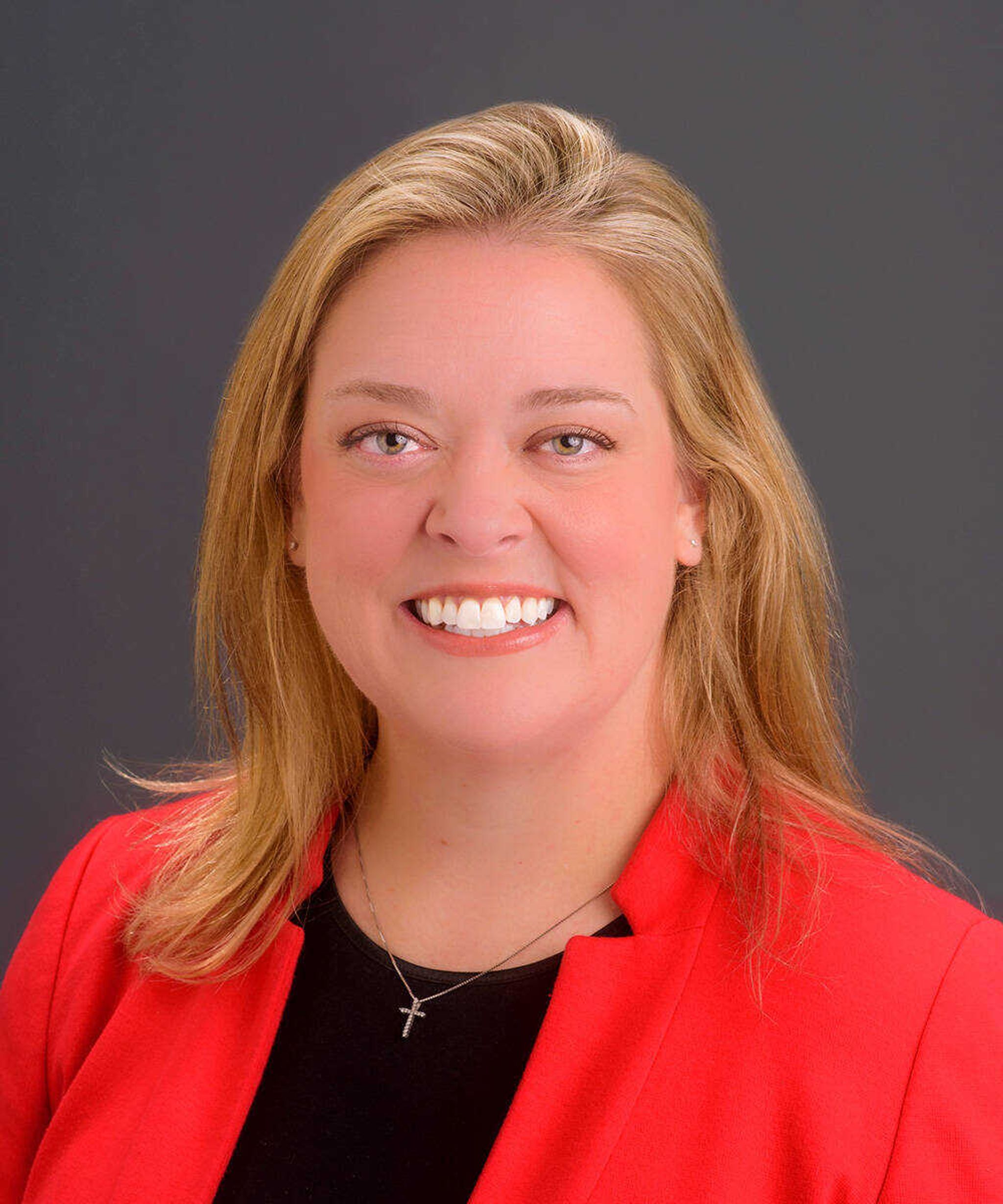
Sanjeev Arora, MD, is founder and director of Project ECHO, an acronym meaning “extension of community health outcomes.”
Project ECHO was launched by Arora at the University of New Mexico (UNM) 20 years ago to share expert medical knowledge in rural and under-resourced communities through connecting experts and local providers.
ECHO was first launched
in the wake of tragedy.
One of Arora’s patients, a 43-year-old widow and mother of two, died of a treatable disease.
Arora found a long-term calling in the wake of incredible misfortune, creating ECHO “to ensure the right knowledge exists at the right place at the right time.”
According to a UNM website about ECHO, Arora created the ECHO model, an “all-teach, all-learn” approach for knowledge sharing in geographic areas where such information is hard to access.
B Magazine spoke to three Missourians about Project ECHO.
Dr. Kristin Thomas Sohl, a pediatrician from Columbia, Missouri, who is founder and executive director of ECHO Autism; medical director for University of Missouri Telehealth Network; and a professor of clinical child health at the University of Missouri.
Lindsey Pippins, CEO of Morning Star Behavioral Associates. Morningstar hosted an ECHO Autism event on August 28 at their Cape Girardeau clinic.
Alicia Brewer Curran, associate director of ECHO Autism Communities.
Dr. Kristin Thomas Sohl
Project ECHO’s founder, Dr. Arora, calls the University of Missouri’s Show Me ECHO “one of the most robust and successful replications of the ECHO model in the U.S.” That’s quite an acknowledgement of your work. What’s your elevator speech for ECHO Autism?
First of all, ECHO is virtual telementoring whose mission is to help increase access to rural and underserved communities. I created ECHO Autism, which is an offshoot of the main ECHO idea. It’s really a professional development model pairing experts with medical generalists in many different fields. The goal is to move practical and useful knowledge to providers and not move patients to experts who may be very far away. It’s free continuing education done via teleconferencing. Identifying best practices is key — from early identification of autism to diagnosis to what Lindsey and her team provide at Morning Star — mental health access intervention.
Please give an example of how a videoconference conversation might unfold between an authority on autism, a specialist, in other words, and a generalist.
Many, many pediatricians have kids on an autism spectrum in their practices and have very little knowledge about how to serve an autistic child. Typically, those physicians have so little confidence in their ability to serve children with disabilities, kids on the spectrum, that they really feel ill-equipped.
So, what we have on the teleconference is essentially a 15-minute lecture — what we call “a knowledge burst,” where the generalist gets really high-yield information about an important topic related to primary care for an autistic child. The rest of the 90-minute period is spent on case-based learning. For example, a general pediatrician or a nurse practitioner shares a real case absent identifying details to safeguard privacy, a situation in which they need help.
We have a group of people on the teleconference, as many as 45 pediatricians, family physicians and nurse practitioners. The way ECHO works is all of us are learning and asking questions in the teleconference. The bottom line is by the end of the time together all of us have learned something new or better about the care of an autistic child.
What’s an example, generally speaking,
of what might be learned?
Sometimes it’s about diagnosis. Sometimes it’s about managing sleep problems. Sometimes it’s about how to work with parents or teachers as a pediatrician. ECHO is a very active learning community. If you ever take part in an ECHO Autism teleconference, you’ll see a lot of interaction, a lot of discussion and questioning.
In this collegial way, all of us in the teleconference can advance our learning. I’ll just use an extraneous example. If you’re teaching your child to drive, if I have a 15-year-old with a permit, I don’t simply give her a book on driving nor do I give her a driving lecture. I might do both of those things, but it’s not how she’s going to learn. She’ll learn by watching me and me watching her, coaching her and guiding her. Because I have experience driving, she learns through my coaching and mentoring. In ECHO Autism, I might say, “Great job, I love what you did with this family. Now let me add to that. It seems if you did X, it might go better.”
This may seem a little silly to use a driver’s education example, but [you] see the point. You don’t slam on the brakes at a red light, because you don’t want to be thrown into the windshield. It’s the same basic idea with ECHO. We’re hoping generalists can glean clinical expertise so they can turn around and serve a population of kids much, much better in their primary practices.
How do people learn about ECHO Autism?
We have pretty good word-of-mouth in the medical community. We’re big on social media and we have a website where generalists can sign up. It’s showmeecho.com. [Writer’s note: on the website Sohl mentioned, a medical professional may learn about autism and a number of other areas of expertise under the ECHO umbrella — e.g., asthma, concussion care, dementia, dermatology, diabetes, developmental disabilities; Hepatitis C; HIV; hypertension; kidney disease; oral health; pain management; suicide prevention; and vaping, tobacco and nicotine cessation.]
The primary ECHO Autism audience are pediatricians, family physicians and nurse practitioners. Others can take part and listen, yes, but we’re there for those general practice professionals.
How often do these specialist-generalist teleconferences take place in your program?
We [have] met on the first and third Wednesdays of the month at the exact same time on those exact same weeks for almost nine years. I like to joke that we’re sort of like the mailman. We’re there no matter what.
It’s an innovative model. You don’t have to leave your office. You have this team of experts with specialist knowledge, and you partner and mentor community practitioners — in this case, primary care pediatricians, family physicians and nurse practitioners. You work through real cases that are brought by family care and you support them as they learn and as they grow in their comfort and knowledge about autism.
Lindsey Pippins
How did you and Morning Star plug
into what ECHO is doing?
I’ve known these ladies with Project ECHO for a long time and they’re a wealth of information. My draw to ECHO is originally, when I was a graduate student and an apprentice in behavior analysis, we were heavily integrated into the medical model — looking at everything from sleep to medication management — and really treating the entire individual through behavior analysis. ECHO is really the same.
The goal is to treat the whole person because the mission is quality of life. We at Morning Star are open and honest about being humbly arrogant, if you will, to the point where we know that we don’t have all our ducks in a row and we seek to learn something new every day.
Alicia Brewer Curran
Sohl says ECHO Autism is being used in 40 institutions around the U.S. and in 15 countries around the globe.
Alicia Brewer Curran is the associate director of ECHO Autism Communities. She’s also a parent to a young adult with autism.
“Our goal is to allow people with autism and their families to be served in their home communities and supported well. No matter where they live in Missouri, they can live, play, eat and breathe in a supportive community,” said Curran, who has worked alongside Sohl since ECHO Autism’s inception.
Connect with the Southeast Missourian Newsroom:
For corrections to this story or other insights for the editor, click here. To submit a letter to the editor, click here. To learn about the Southeast Missourian’s AI Policy, click here.

